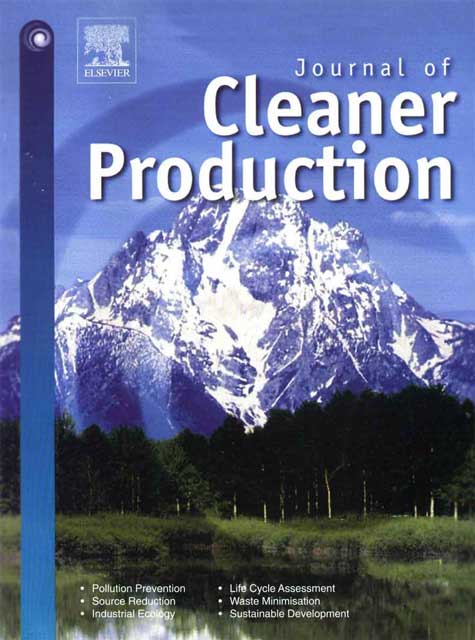Value and impact of publicly funded climate change agricultural mitigation research: Insights from New Zealand
In this paper we discuss a framework to evaluate the benefits of publicly-funded research that includes scientific impact, impacts on stakeholders (next and end users of research outputs), and economic and environmental values. We apply this framework to evaluate two agricultural greenhouse gas (GHG) mitigation research science projects funded in New Zealand: research looking at mitigation options given by genetic markers for low methane animals, and the identification of emission-reducing management practices. From this analysis we achieve two main findings. First, the prominence of the research combined with the low likelihood of research occurring on this scale without public support suggests strongly that the results would not have been obtained in absence of public funding. Second, the advances reached in some areas have the potential for GHG emission reductions that would be significant in environmental terms, and whose value at likely carbon pricing levels would be in the hundreds of millions of dollars. The results discussed are conditional on several factors such as future domestic and international policy settings and implementation, adoption rates and the practical availability of mitigation options and practices for different farm landscapes. However, the impacts and economic and environmental values attached to these research projects, and mitigation research more generally, cannot be overlooked. The case studies evaluated clearly demonstrate the potential benefits that public investments can make to the development of more sustainable agricultural systems.
Please contact the author if you would like a copy of this article.
Language: English
Publisher: Elsevier
Type: Article
CITATION
Fleming-Muñoza, D., Prestona, K., Arratia-Solar, A. "Value and impact of publicly funded climate change agricultural mitigation research: Insights from New Zealand". Journal of Cleaner Production, 248, 1, 119249

